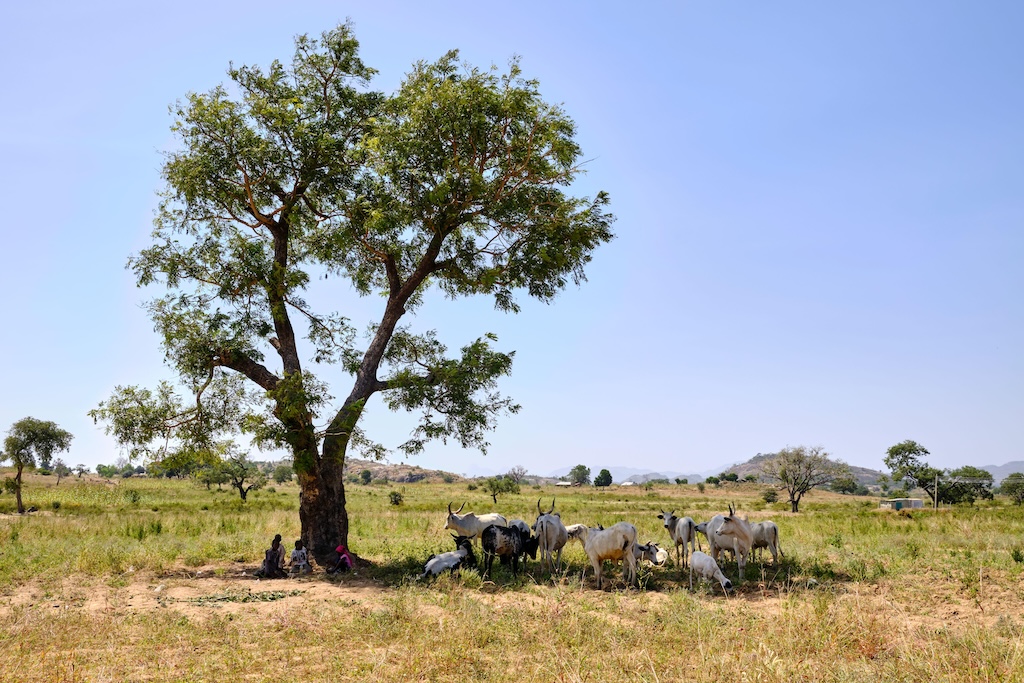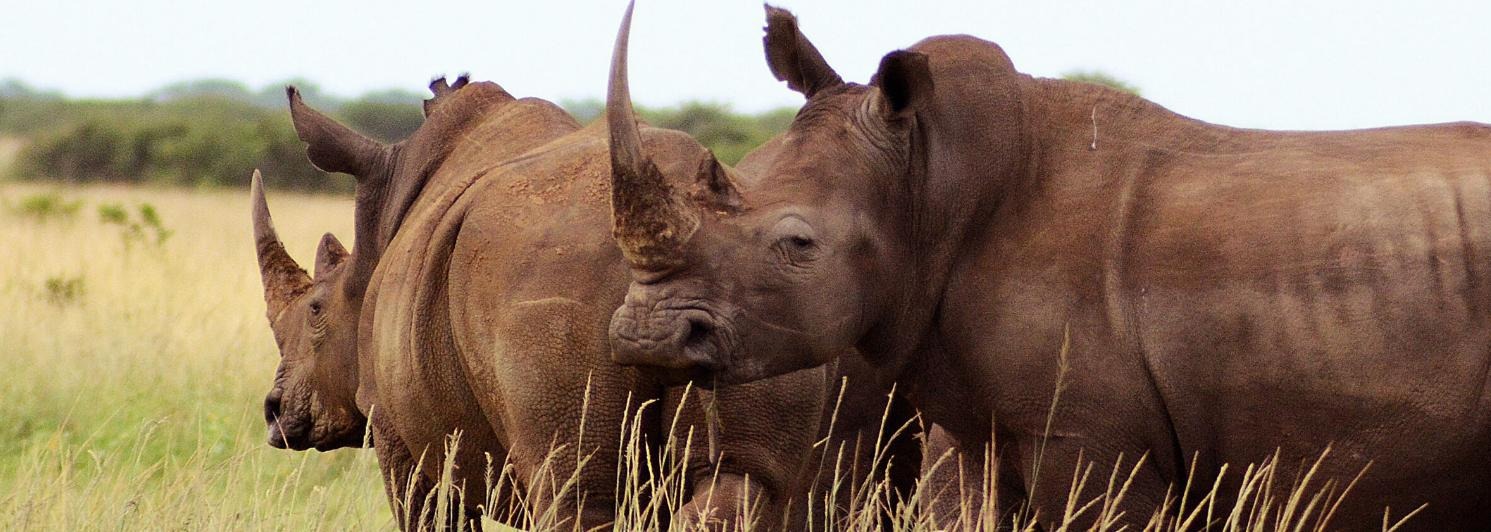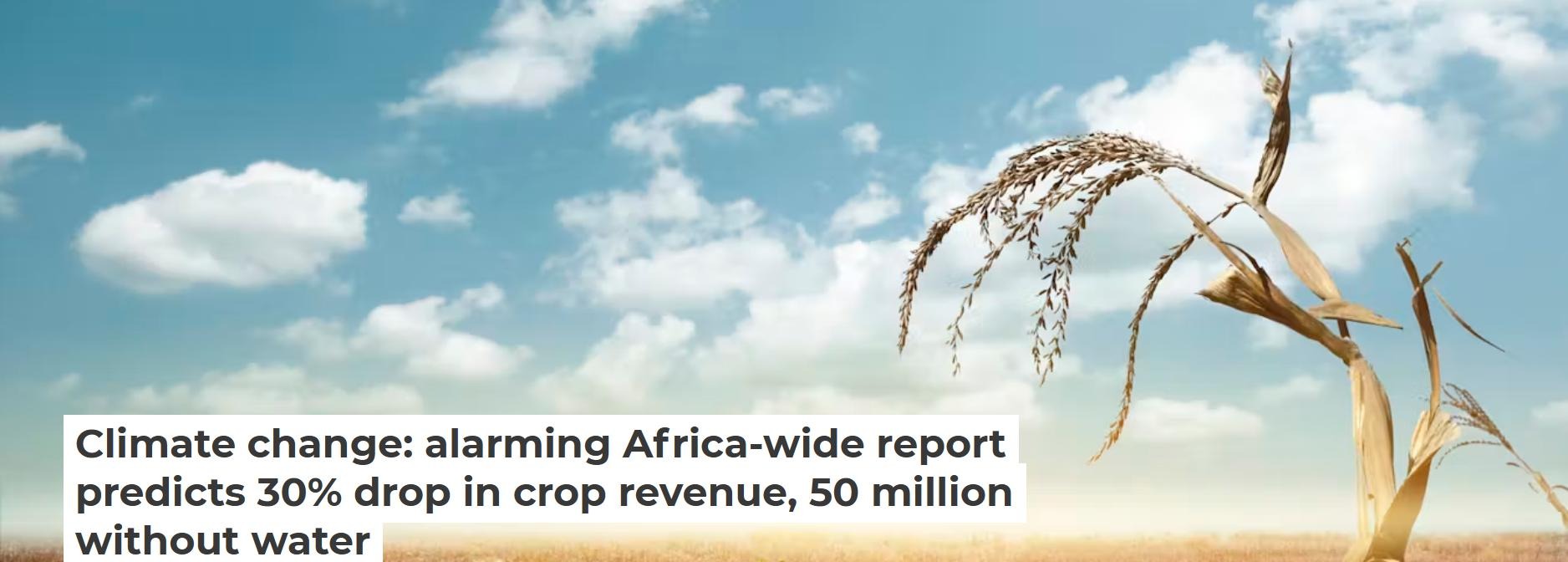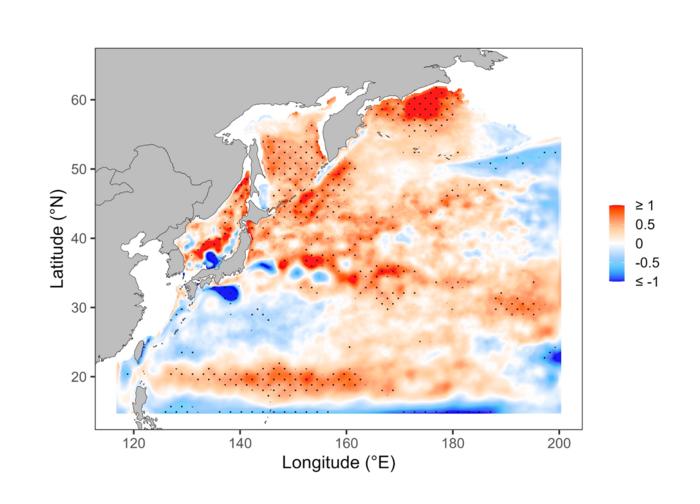Since the start of this year, Africa’s most populous nation Nigeria has faced prolonged stretches of severe heat. A recent quick-fire analysis found that the conditions in February, when temperatures exceeded 40C, were made 10 times more likely by human-caused climate change. But the heat is still ongoing, with temperatures reaching a record 44.8C in Sokoto, a city in north-western Nigeria,...
Tag: GlobalWarming
Climate change and nuclear waste are a toxic stew
One of global warming’s more colorful dangers is the possibility that melting permafrost will revive prehistoric diseases and trigger horrific pandemics. But the more immediate candidates for a disastrous, climate-fueled comeback are newer and man-made. A hotter and more chaotic atmosphere is making it harder to build nuclear weapons and store waste safely in an...
Climate change and polar ice melting could be impacting the length of Earth’s day
Humanity’s impact on the polar ice sheets is slowing Earth’s rotation, posing a challenge for how it matches up with the official timekeeping. Humanity is rapidly waking up to the fact that time is running out to take action to mitigate the effects of climate change. Ironically, climate change itself, primarily caused by the release...
Climate change impacts and adaptations of wine production
Climate change is affecting grape yield, composition and wine quality. As a result, the geography of wine production is changing. In this Review, we discuss the consequences of changing temperature, precipitation, humidity, radiation and CO2 on global wine production and explore adaptation strategies. Current winegrowing regions are primarily located at mid-latitudes (California, USA; southern France; northern...
Not just polar bears — climate change could push African rhinos to extinction
New research is ringing alarm bells about how climate change may impact one of Africa’s most iconic and vulnerable animals: the rhinoceros. “Climate change has the potential of wiping out all of them in the blink of an eye,” says Hlelowenkhosi Mamba, an Eswatini native and Fulbright scholar. Read more: news.mongabay.com Photo: news.mongabay.com
SpaceX rocket launches pioneering methane-tracking satellite to orbit
A new satellite that will track climate-heating methane emissions from oil and gas companies around the world launched this week from California’s Vandenberg Space Force Base. The washing-machine-sized satellite, named MethaneSAT, lifted off Monday (March 4) atop a Falcon 9 rocket, one of 53 payloads on SpaceX’s Transporter-10 rideshare mission. MethaneSAT is designed to ultimately help policymakers...
Safety fears stall U.N. bid to examine sun-blocking climate change tech
U.N. delegates on Thursday withdrew a motion calling for more research into technologies that aim to fight climate change by reflecting the sun’s rays back into space, amid concerns about health and environmental risks. Some who opposed the draft resolution at the U.N. Environment Assembly (UNEA) were also worried that the use of solar radiation modification (SRM)...
Climate change: alarming Africa-wide report predicts 30% drop in crop revenue, 50 million without water
African countries will suffer significant economic loss after 2050 if global warming is not limited to below 2°C, a new study by the Center for Global Development has found. Environment and energy economist Philip Kofi Adom is the author of the report. He synchronised many years of research by climate change scientists and researchers and found that...
Climate change shrinking fish
Global warming increased competition for food in the 2010s, leading to decreased fish weight in important fishing area. Fish weight in the western North Pacific Ocean dipped in the 2010s due to warmer water limiting food supplies, according to a new study at the University of Tokyo. Researchers analyzed the individual weight and overall biomass...
Study reveals best temperature for all life to thrive and animals most threatened by global warming
Findings add to growing evidence that biodiversity already reducing across world will be further compounded. All species on Earth appear to thrive at an “optimal” 20°C, according to a new study, which suggests land species may struggle more to adapt to changing climate. The review of studies confirmed that the temperature ranges of animals, plants as well as microbes living both in air and water...










